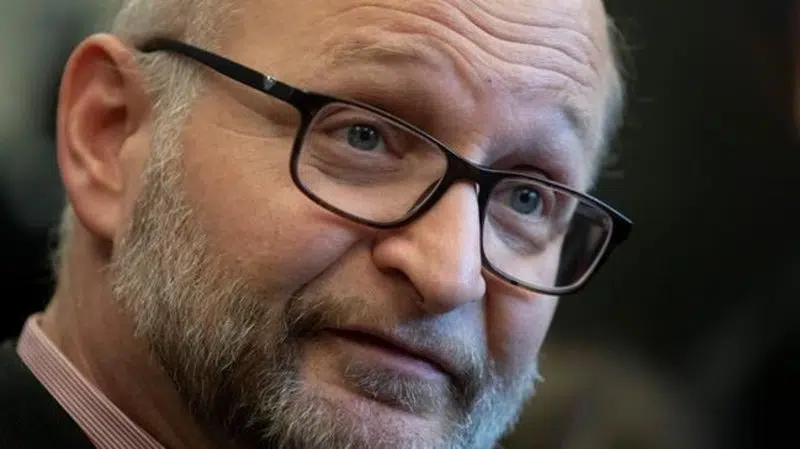
Tories decry judicial appointment amid renewed scrutiny of MacKay’s record
OTTAWA — Conservatives are accusing Prime Minister Justin Trudeau of stacking Canada’s courts with Liberal partisans, pointing to a recently appointed judge who has donated almost $26,000 to the governing party over the past 14 years.
But the accusation comes at an awkward moment for the Conservatives, amid renewed scrutiny of leadership contender Peter MacKay’s own record of eyebrow-raising judicial appointments when he was justice minister.
Justice Minister David Lametti appointed Toronto lawyer Andrew Pinto to the Ontario Superior Court this week.
A Conservative search of donations data filed with Elections Canada turned up almost $26,000 in contributions to the Liberal party and various Toronto Liberal riding associations from Andrew M. Pinto, including monthly donations of $125 for the past several years.


